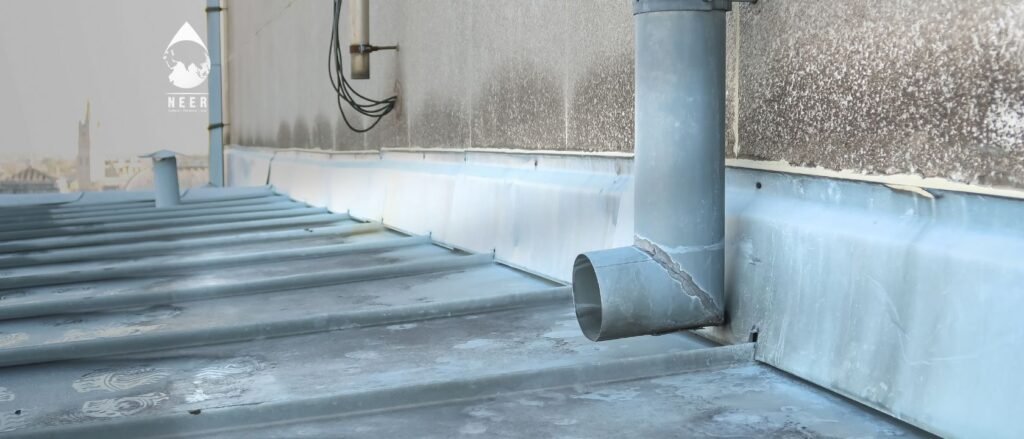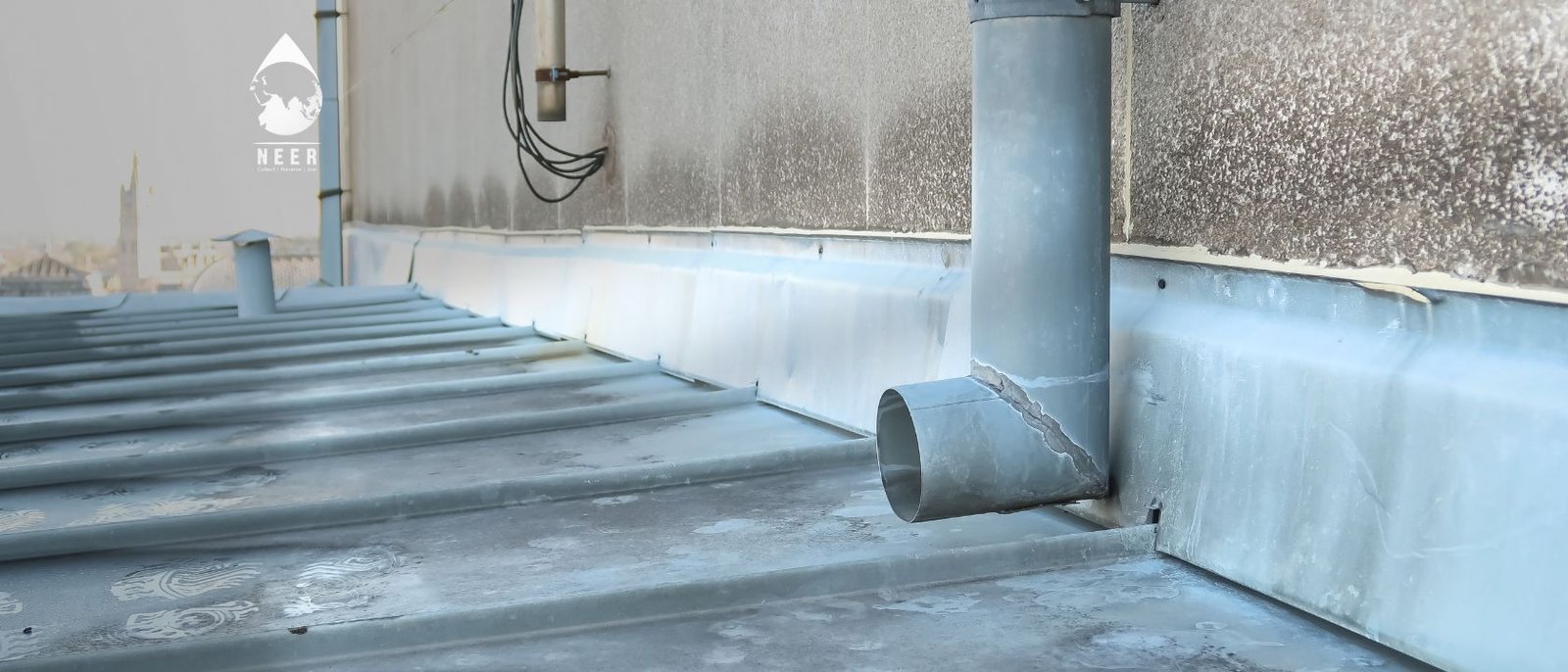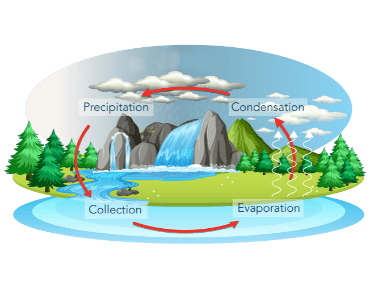
By: admin
How to Start Rainwater Harvesting at Home for a Greener Future
More people search for sustainable living as environmental issues become more important. Reducing your water bills and contributing to a better future through rainwater collection is quite commendable. Gathering and using rainwater will help you cut your dependence on municipal water supplies, protect natural resources, and build a more ecologically friendly house. Here’s a detailed walk-through guide on beginning home rainwater collection.
1. One should grasp the fundamentals of rainwater collection.
Rainwater collection is the process of gathering and storing rainfall that falls on your roof for use in a variety of household applications. This can cover flushing toilets, watering your garden, or perhaps car washing. Though the procedure is easy, careful planning is necessary to guarantee effective water collection and storage.
2. Select a suitable collecting system.
Selecting the appropriate collecting technique comes first in building a rainwater gathering system. Usually, gutters and downspouts help most systems direct rainfall from the roof into a storage tank or barrel. To maximize water collection, make sure your gutters are straight and cleanly installed. If you plan to collect a significant amount of water, you may opt for larger, more complex systems or a simple rain barrel for small-scale collection.
3. Choose a fitting storage tank.
Your rainwater collection system depends critically on the storage tank. Tanks come in plastic, metal, and concrete, among other materials and sizes. Choose a tank size based on your water requirements and projected rainwater collection capacity. Place the tank conveniently for water use and ensure it is free from contamination. Make sure the tank’s lid is tight to keep trash and bugs out.
4. Install a filtration system.
Think about putting in a filtration system to guarantee the water you gather is fit for use. While more modern systems can remove smaller pollutants, a basic filter can remove big particles and trash. Your intended use for the water will determine whether additional treatment—such as UV purification—is necessary to make the water safe for non-potable purposes, including toilet flushing and irrigation.

5. Link the system to your garden.
Garden irrigation is among the most often used applications for gathered rainwater. Think about linking your rainwater storage tank to a drip irrigation system if you want your garden watered effectively. Drip irrigation reduces water waste by delivering water straight to plant roots, so encouraging better plant development. This arrangement is perfect for preserving water while still keeping a lush garden.
6. Maintaining Your Rainwater Harvesting System
Regular maintenance is necessary for your rainwater collection system to function properly. Frequent gutter and downspout cleaning helps to prevent blockages and guarantees flawless water flow. Periodically clean the storage tank to eliminate silt and other trash; look for leaks there. Also, review the filtration system to make sure it is working properly.
7. Make sensible use of collected rainfall.
Once your system is running, ensure you make effective use of the collected rainwater. In addition to garden irrigation, you can use rainwater for various non-potable purposes, such as car cleaning, outdoor surface washing, and toilet flushing. By using rainwater for these chores, you can drastically cut the demand for treated water in your house, saving water bills and lessening the environmental impact.
8. Tell your neighbors and family.
Invite your family to help with rainwater collection and teach them the advantages of using the produced water. Sharing your experiences with friends and neighbors can inspire them to adopt similar practices. Establishing a community based on sustainable living will help to magnify your efforts and support a more general movement toward environmental protection.
To sum up
Beginning rainwater collection at home is an inexpensive and efficient way to help create a better future. Gathering and using rainwater will help you to cut your reliance on municipal water, protect natural resources, and cut your water bills. Enjoying the advantages of sustainable living and significantly improving the environment is possible by having the correct system in place and committing yourself to frequent maintenance.
ABOUT NEER
NEER has been established as an Independent Ground Water Management Consultancy Organization with the full support of the Senior Hydro-geologist of the country Mr. M. MEHTA, Ex-Commissioner Ground Water, Ministry of Water Resources, Government of India.
NEER is an Accredited Consultant by the Central Ground Water Authority (CGWA) for the preparation of Ground Water withdrawal Impact Assessment report in accordance with the Guidelines issued vide notification No. 3289(E) dt: 24th September 2020 by CGWA duly followed by other States. NEER is also empaneled, registered and notified Consultant for Rainwater Harvesting designing and implementation by the U.P. government.
AIMS AND OBJECTIVES:
NEER has joined in this endeavor to provide clean water to masses around the year, propagating for conservation and preservation of water including Rainwater Harvesting and Artificial Recharge to groundwater. This is being a part of the water management process to fulfill the dreams of NEER, “Water should be Conserved and Wastage Prevented” and “Everybody should get the needed water being the crux of Life”.
NEER EXPERIENCE:
NEER is working in the field of groundwater management, intending to provide robust consultancy services to Government Departments, Firms, Companies – Private and Public Sector, Institutions, on the Assessment and Management of Water, Environment, and Pollution Control.) Industries, Infrastructures and Mining Projects to meet their water supply requirements as per existing protocols. It also aims at capacity building of stakeholders in Groundwater Investigations and its Management.
We work on NO-COMPROMISE POLICY. Our team members have conducted studies on Environment and Water Management throughout the country and abroad.
NEER has already executed many applied Research and Implementation Projects. Timeliness and Client satisfaction are the essences of this organization’s consultancy philosophy.
NEER APPROACH:
NEER has multi-disciplinary human resources for providing on-site solutions for all groundwater problems. It includes training on Groundwater issues through a well-developed curriculum by Scientists and Trainers.
The Research and Consultancy assignments are being carried out by experts in different fields with long and wide-ranging experience. NEER is also drawing on the expertise in relevant subject matters from the experts of Academic and Research Institutions of National and International repute. Follow us on Facebook & Instagram.


